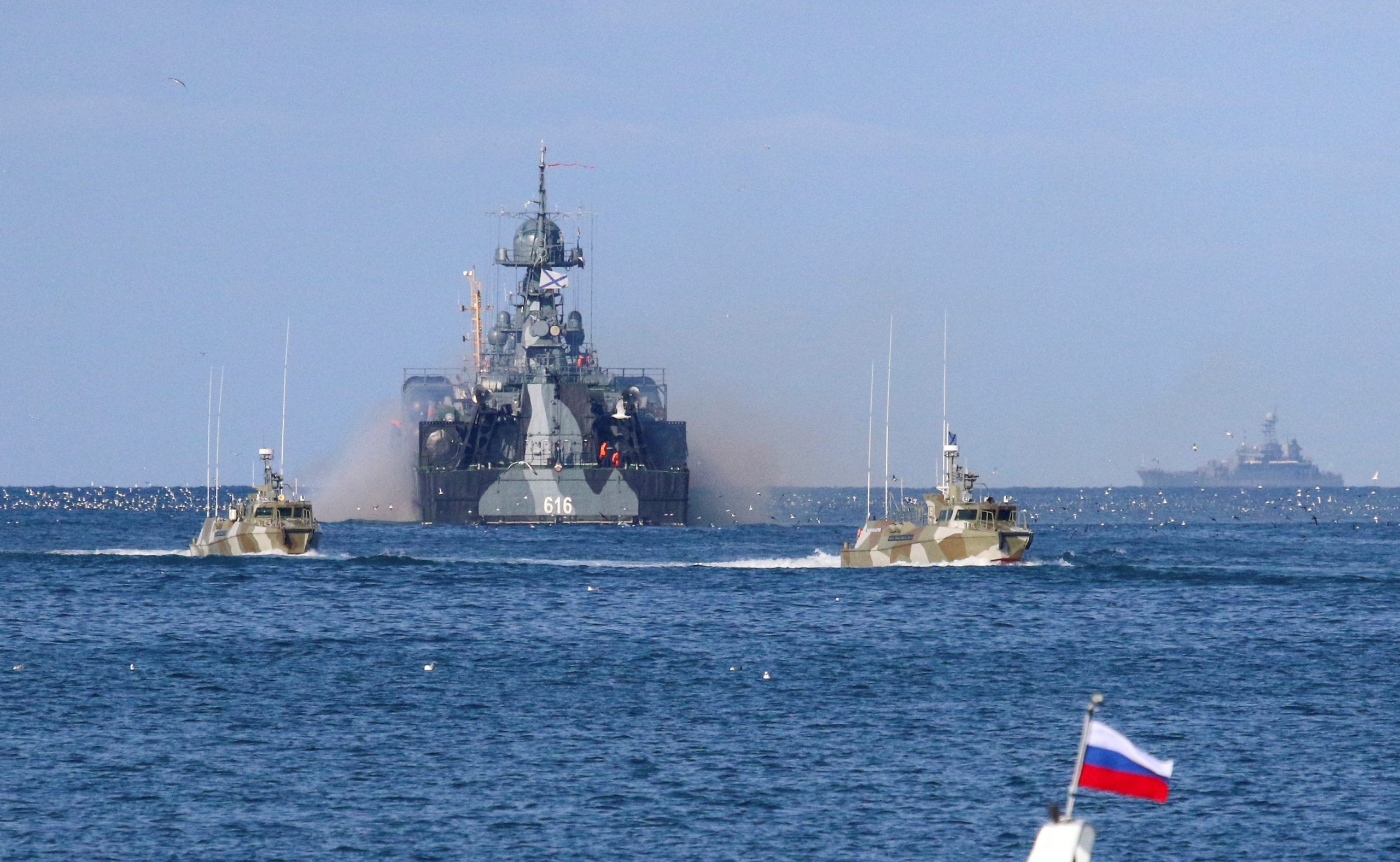
Chris Lange, FISM News
[elfsight_social_share_buttons id=”1″]
U.S. officials confirmed to NBC News Thursday that intelligence provided to Ukraine from the U.S. played a role in sinking a Russian warship.
Moskva, the flagship of Russia’s Black Sea Fleet, sank on April 14 after being struck by two Ukrainian Neptune anti-ship missiles. Russia claimed the vessel sank following an accidental fire onboard. Moskva was the largest Russian warship to have sunk in combat since World War II, and its loss represents a significant blow to Moscow.
The officials who spoke to NBC on condition of anonymity said Ukrainian forces had asked for information about a large ship seen in the Black Sea south of Odesa. The U.S. identified the vessel as the Moskva and confirmed its location, after which the Ukrainians attacked the ship, according to the report. The officials denied that the U.S. had any knowledge that Ukraine would target the warship and said the information was provided to help Ukraine defend itself from a potential attack.
The same day NBC released its report, the Pentagon denied sharing intelligence with Ukraine for the purpose of targeting and killing senior Russian military leaders, stressing that the goal of U.S. intelligence sharing is simply to allow Ukrainian forces to defend themselves against Russia’s invasion.
The New York Times on Wednesday published a story suggesting that American intel has played a significant role in the deaths of 12 Russian generals killed in action by Ukrainian forces. Real-time, U.S.-provided intelligence has had a “decisive effect on the battlefield” by confirming targets identified by the Ukrainian military and pointing it to new targets,” according to the article.
Pentagon Press Secretary John Kirby downplayed the role U.S. intelligence has had in the war at a Thursday briefing.
“Ukrainians have, quite frankly, a lot more information than we do. This is their country, their territory, and they have capable intelligence collection abilities of their own,” Kirby said, adding that “Ukraine combines information that we and other partners provide with the intelligence that they themselves are gathering on the battlefield, and then they make their own decisions, and they take their own actions.”
Moscow would consider U.S.-provided real-time targeting intelligence to Ukraine as highly provocative, according to the Times.
